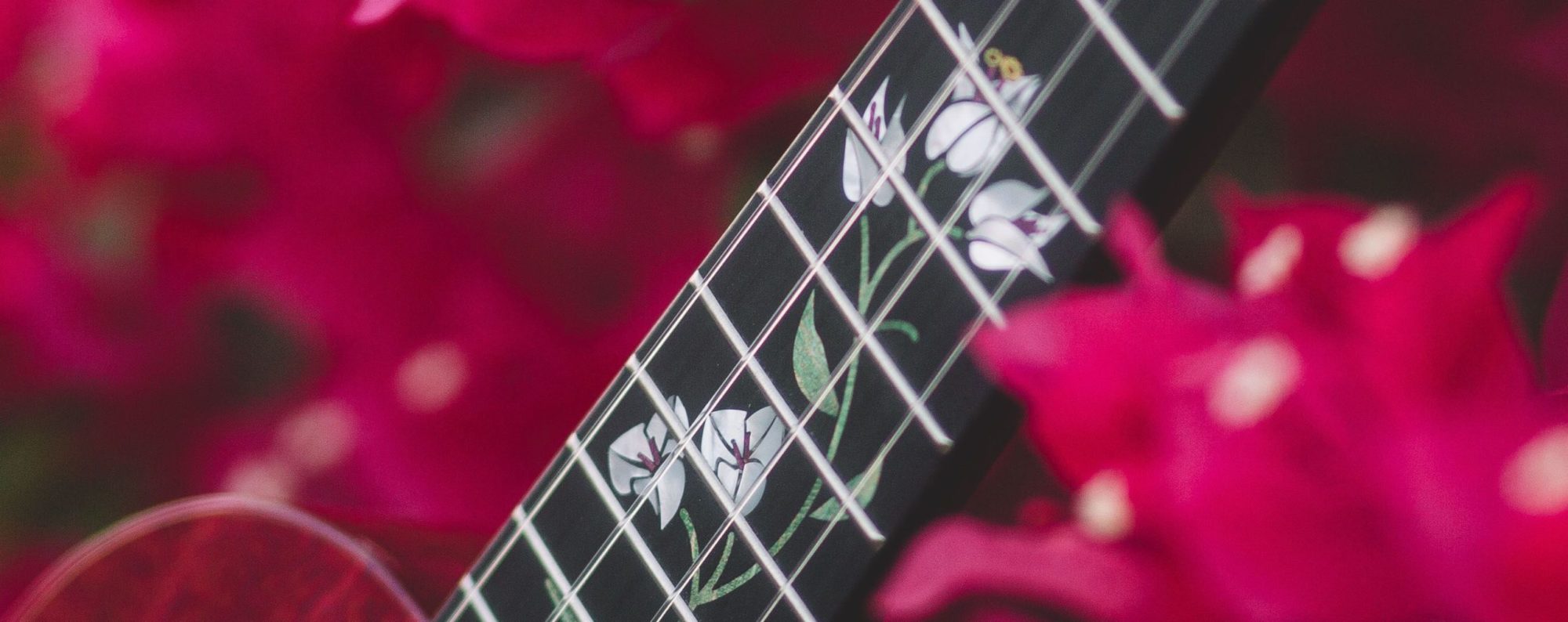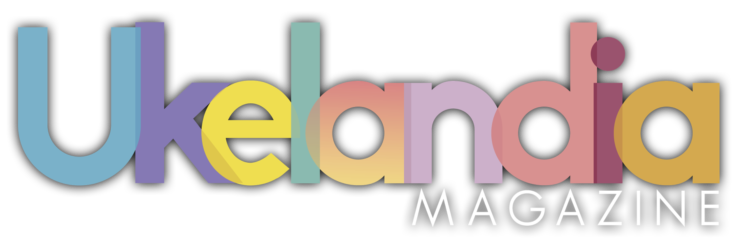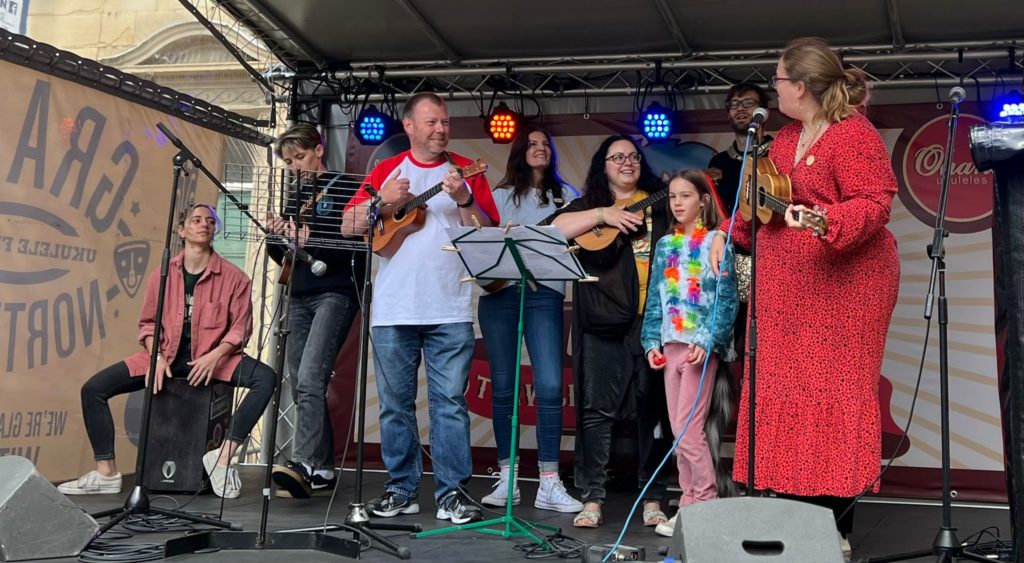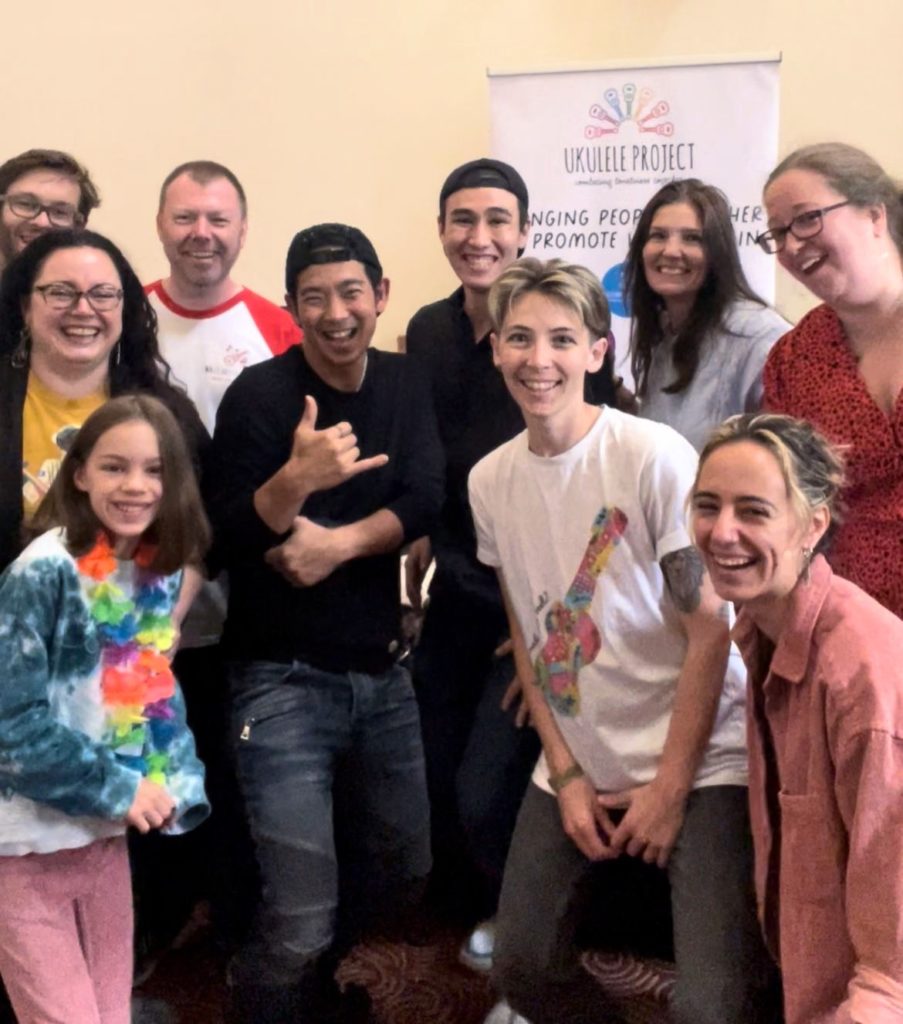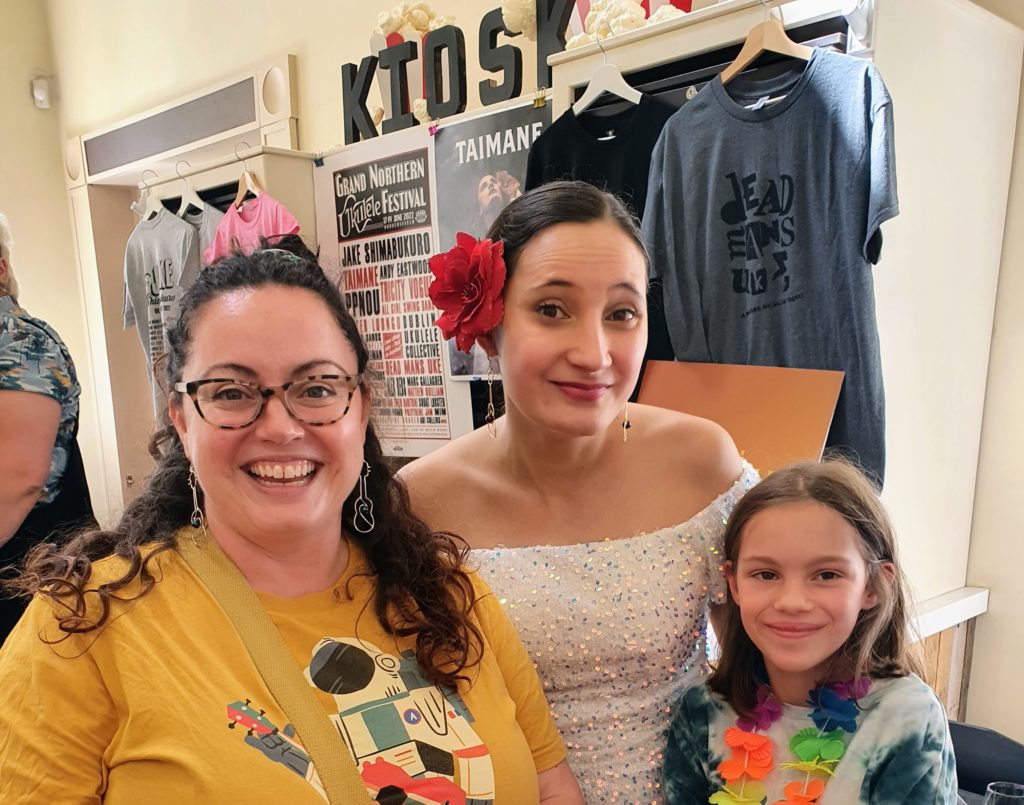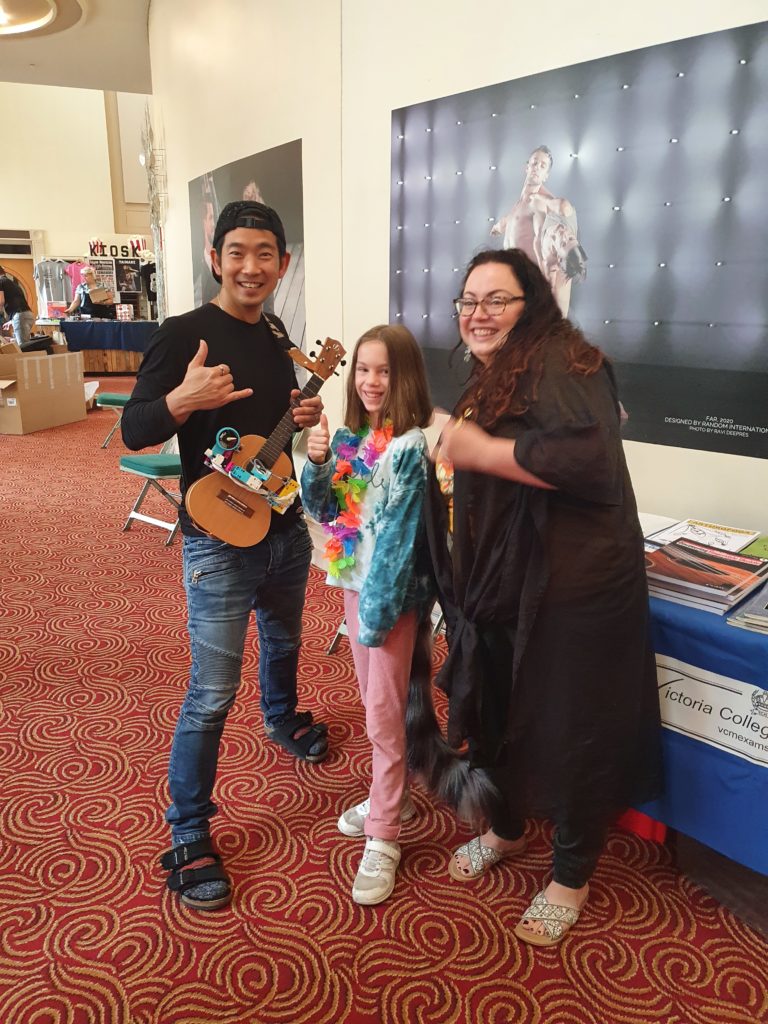by Marlen Rodriguez-Wolfe, M.M.

Part of the ‘Ukuleles for Ukraine campaign, the UKC seeks to help
children and teens impacted by the war.
The ‘Ukulele Kids Club (UKC), a music non-profit from the United States, has always believed in music’s ability to bring comfort and hope during difficult times. The recent events in Ukraine have motivated them to expand their mission to reach children impacted by the war. The UKC is rallying the music community around their ‘Ukulele. Ukraine. U Kan.’ campaign with the message that music can heal the wounds of war and an instrument for children to keep is a gift for wellness and for life.
Since February 2022, millions of people have crossed Ukraine’s borders seeking refuge from the war, in what the United Nations calls “the biggest refugee crisis in Europe since World War II.” The majority of those seeking shelter are women and children. At the same time, some Ukrainian families who have remained in their homes also require psychosocial and emotional support. The Ukulele Kids Club has partnered with the World Federation of Music Therapy to identify music therapists working with refugee kids abroad and those still in Ukraine, with the idea that music and ukuleles can provide much-needed support.
“Children exposed to war and conflict are at heightened risk for mental health issues including depression, anxiety, and posttraumatic stress disorder (PTSD),” said Marlén Rodriguez-Wolfe, a music therapist and CEO of Ukulele Kids Club. “But as music therapists, we know that music can facilitate healthy coping strategies, help manage anxiety and provide a sense of comfort during difficult times.”
Music Therapy is the clinical use of music interventions that achieve physical and mental health goals delivered by a trained clinician. Music therapy is applied in migrant care in countries known for receiving a large influx of refugees, such as Colombia, Germany, Poland, and Turkey. In these settings, music therapists apply a combination of music-making activities and therapeutic interventions to help refugee children and adults experiencing health benefits from music and support their transition or acclimation to a new environment. But Ukrainian children are showing up in programs all across Europe, from hospitals to community settings, one of which is through the Grieg Academy in Bergen, Norway.

This music therapy program is held in a public school, where hundreds of Ukrainian refugee children receive their schooling. “All of them are newly arrived refugees. They have all come with their siblings and mothers, as their fathers are required in the military forces in Ukraine. The families experience quite large amounts of stress, both due to the war-experience, as well as resettlement stress.” said Kaja Enge, Music Therapist at the school. “Our experience so far is that the children really want to play music, and use the opportunity to express and experience support and community in music. Many want to bring instruments home after school, as they are lacking opportunities for musical engagement in their leisure time.”
For children and teens living with heightened stress and uncertainty related to the Ukraine war, the ‘ukulele becomes a way to gain a sense of control over their environment and wellbeing. Additionally, making music allows them to engage in an activity that promotes self-expression and connection to their community. “Thanks to the ukuleles, a group of students (or technically just one ‘ukulele star, Ylva!) was able to throw together a 2-week program open to Ukrainian & Norwegian students, aimed at integration through musicking. As far as I know, there haven’t been many other attempts to integrate students, as well as address therapeutic goals of mastery, empowerment, and community building.” said Julie Liisberg, Music Therapist.
For other families, resettling into a new country comes with its own sets of challenges. “We are getting reports from our partner hospitals in the UK that they are also working with Ukrainian families who have received medical diagnoses during their asylum period” said Rodriguez-Wolfe of UKC. The Ukulele Kids Club supports over 300 music therapy programs around the world, arond 90% of those are hospital-based. Therefore, they are adept at understanding how music makes a difference for medically fragile kids. “Fleeing a war-torn country is stressful enough. To then receive a diagnosis for your child while having to coordinate care, makes the situation for these families more complex and difficult. But we know music therapy helps, and the ‘ukulele is a perfect companion for these hard times”.

You may be thinking “Well, how can I help?” Join the U Kan Challenge! Helping get ukuleles to these Ukrainian kids in need. By making a donation on the campaign website and challenging others to do the same, you will be helping the UKC send the instrument we all love to kids and families who really need music right now. To learn more and support Ukrainian kids please visit www.ukulelesforukraine.com
